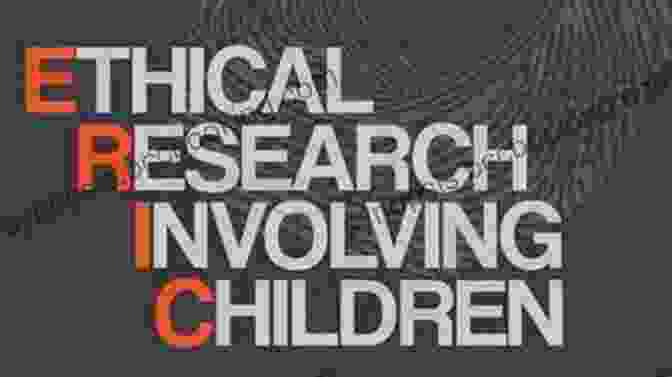:
The field of bioethics presents intricate moral and ethical dilemmas, particularly when applied to the care of children, known as pediatric bioethics. This emerging discipline explores the complex interplay between medical interventions, patient autonomy, parental rights, and societal values in the context of children's healthcare.
Ethical Considerations in Pediatric Bioethics:
Pediatric bioethics grapples with a unique set of ethical considerations:
4.6 out of 5
| Language | : | English |
| File size | : | 1377 KB |
| Text-to-Speech | : | Enabled |
| Screen Reader | : | Supported |
| Enhanced typesetting | : | Enabled |
| Word Wise | : | Enabled |
| Print length | : | 305 pages |
| Lending | : | Enabled |
1. Respect for Children's Autonomy:
As children mature, they gain increasing autonomy in decision-making. Balancing their evolving capacity for self-determination with the protective role of parents and healthcare professionals requires careful consideration.
2. Parental Rights and Responsibilities:
Parents play a crucial role in medical decision-making for their children. However, when their decisions may conflict with the best interests of the child, ethical dilemmas arise.
3. The Best Interests of the Child:
Determining the best interests of the child is paramount. This involves a comprehensive assessment of their physical, emotional, cognitive, and developmental needs.
End-of-Life Issues in Pediatric Bioethics:
End-of-life care for children presents particularly challenging ethical issues:
1. Withholding or Withdrawing Life-Sustaining Treatment:
Decisions regarding life-sustaining treatments can be emotionally charged. Ethical considerations center around respecting the patient's wishes, preserving life, and alleviating suffering.
2. Palliative Care and Quality of Life:
Providing compassionate palliative care focuses on improving the quality of life for children facing life-limiting illnesses. Ethical issues arise in balancing aggressive treatments with respecting the child's autonomy and well-being.
Other Key Ethical Issues in Pediatric Bioethics:
*  Neonatal Intensive Care and Prematurity: Providing care for premature and critically ill newborns raises ethical concerns about the limits of viability and the quality of life at different gestational ages.
Neonatal Intensive Care and Prematurity: Providing care for premature and critically ill newborns raises ethical concerns about the limits of viability and the quality of life at different gestational ages.
*  Genetic Testing and Screening: The availability of genetic testing and screening for children brings ethical challenges regarding informed consent, confidentiality, and the potential for genetic discrimination.
Genetic Testing and Screening: The availability of genetic testing and screening for children brings ethical challenges regarding informed consent, confidentiality, and the potential for genetic discrimination.
*  Research Involving Children: Conducting research on children requires strict ethical guidelines to protect their vulnerable status, ensure informed consent, and minimize potential risks.
Research Involving Children: Conducting research on children requires strict ethical guidelines to protect their vulnerable status, ensure informed consent, and minimize potential risks.
:
Pediatric bioethics serves as a critical framework for guiding ethical decision-making in children's healthcare. By navigating the complex interplay of medical interventions, patient autonomy, parental rights, and societal values, healthcare professionals, families, and society can strive to provide the best possible care for young patients while respecting their unique needs and protecting their rights.

























































































